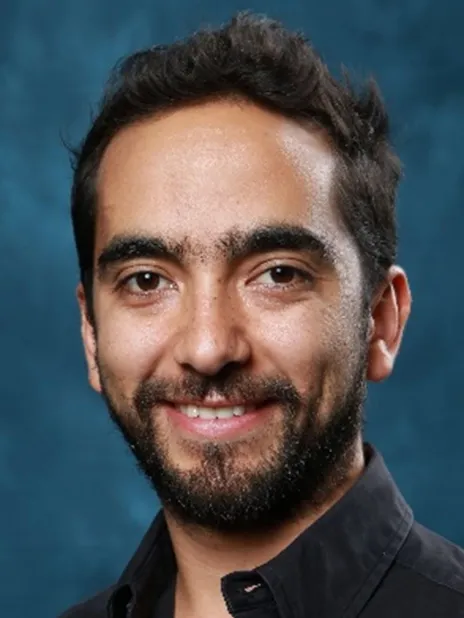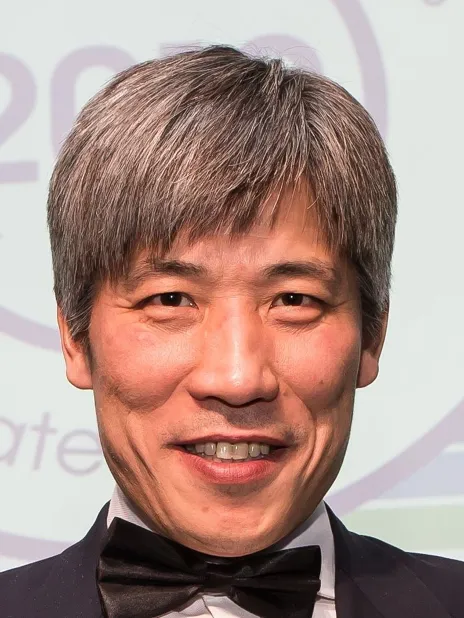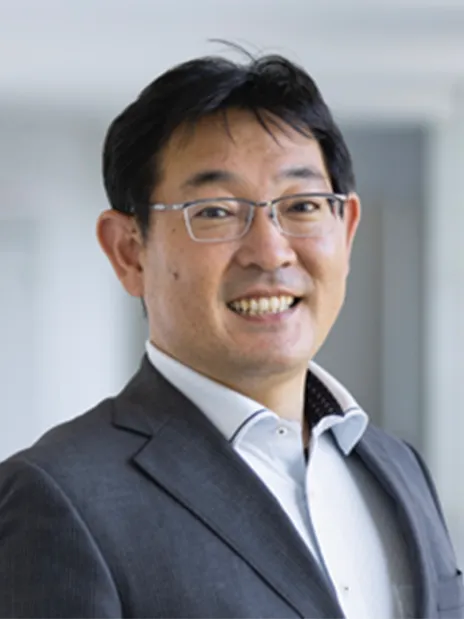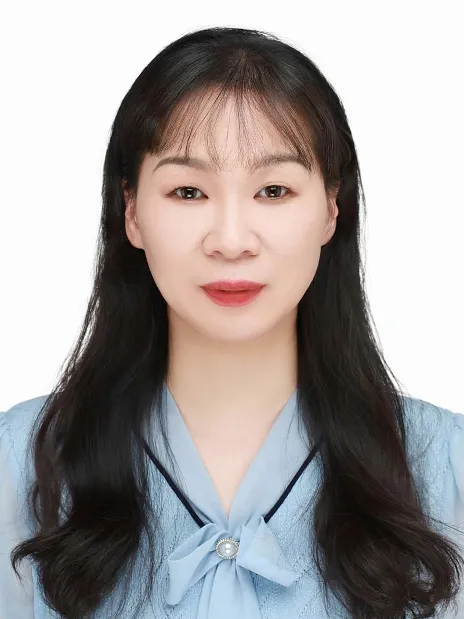EES Solar
Exceptional research on solar energy and photovoltaics.
Editor-in-Chief: Michael Saliba
Open Access: Gold

Solar technology is filled with potential. Scientists working in chemistry, energy, materials science and engineering are discovering new ways to convert light energy and generate electricity. EES Solar gives this influential research a home.
ISSN: 3033-4063
Journal Impact factor
NA
First decision time (all)
6 days
First decision time (peer reviewed)
36 days
Scope
EES Solar is a premier interdisciplinary journal dedicated to publishing high-impact research focused on solar energy and photovoltaics. Building on the reputation of the companion journal Energy & Environmental Science for high quality and influence, EES Solar aims to be a leading publication for groundbreaking studies that span a wide range of scientific disciplines, all connected by the thread of solar. The journal welcomes studies and analyses at all scales, from groundbreaking fundamental advances to interdisciplinary research across chemistry, physics, materials science, engineering, theory, and policy and techno-economic analyses, for advancing the field of solar energy. Research that utilizes green materials and sustainable practices, championing developments that minimize environmental impact while achieving high performance is particularly encouraged.
EES Solar is the home for exceptional research that pushes the boundaries of solar research and its applications. This includes, but is not limited to:
- Solar cell and photovoltaic research
- Solar fuels and artificial photosynthesis
- Photocatalysts for energy and environmental applications
- Photothermal and photoelectrochemical solar energy conversion
- Photonics
- Light-matter interaction and spectroscopy
- Photovoltaic system design, solar power systems, and integration
- Modelling, simulation, and theoretical studies including AI and machine learning
- Policy work and techno-economic analyses
Our goal is to serve a diverse audience, including academic researchers, industry professionals, and policymakers, by providing a platform for influential, high-impact research that addresses both fundamental and applied aspects of solar energy and photovoltaics.
I am driven to advance the global transition to a sustainable energy future, and to shape EES Solar into a premier platform to exchange ideas and drive the progression of solar research.
Professor Michael Saliba, Editor-in-Chief, University of Stuttgart & Research Center Juelich, Germany
Information for authors
Want to publish in this journal? Our author guidelines explain how to prepare and submit your article and provide useful information on the review and publication process including transfers, revisions and any article processing charges (APCs) that may apply.
We are covering all article processing charges until mid-2027, so you can publish in this journal for free.
Meet the team





Bin Chen
Northwestern University
James Durrant
Imperial College London
Feng Gao
Linköping University
Robert Hoye
University of Oxford
René Janssen
Eindhoven University of Technology
Prashant Kamat
University of Notre Dame
Ji-Seon Kim
Imperial College London
Ning Li
South China University of Technology
Bettina Lotsch
Max Planck Institute for Solid State Research
Michael McGehee
University of Colorado Boulder
Thuc-Quyen Nguyen
University of California Santa Barbara
Susanne Siebentritt
University of Luxembourg
Henry Snaith
Oxford University
Long Ye
Tianjin University
Emma Eley
Executive Editor
Edward Gardner
Deputy Editor
Sarah Holmes
Deputy Editor
Nour Tanbouza
Development Editor
Claire Darby
Editorial Manager
Katie Fernandez
Associate Editorial Manager
Neil Hammond
Publisher
Robin Brabham
Publishing Editor
Emma Carlisle
Publishing Editor
Hannah Hamilton
Publishing Editor
Ephraim Otumudia
Publishing Editor
Rebecca Milne
Publishing Editor
Irene Sanchez Molina Santos
Publishing Editor
Michael Spencelayh
Publishing Editor
Callum Woof
Publishing Editor
Linda Warncke
Publishing Assistant
Kate Bandoo
Editorial Assistant
Read this journal
Paper
High coordination-solvent bathing for efficient crystallization of MA-free triple halide perovskite solar cells
Review article
Review of c-Si PV module recycling and industrial feasibility
Paper
Thermal and photodegradation mechanism of (FA-MA)PbI3 perovskite and spiro-OMeTAD captured by in situ EPR spectroscopy
Paper
Incorporating thermal co-evaporation in current-matched all-perovskite triple-junction solar cells
Contact the journal team
We're here to help. Contact the journal team if you have any questions about publishing your paper with us.
Sign up for journal email alerts
Get table of contents alerts and notifications about calls for papers, themed issues and more.
